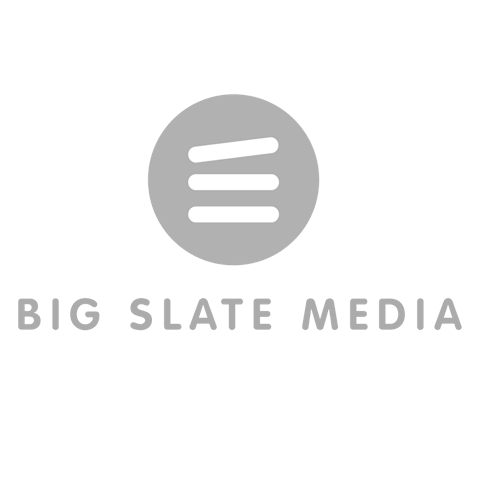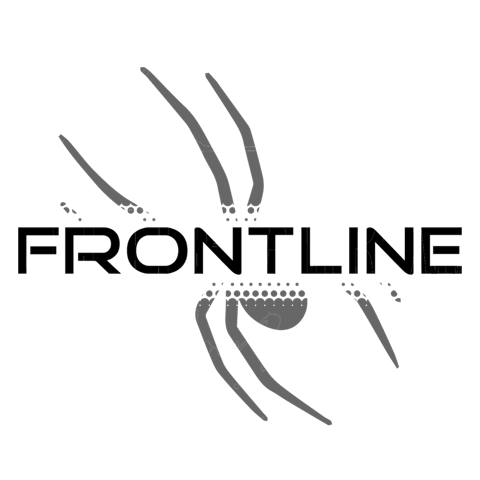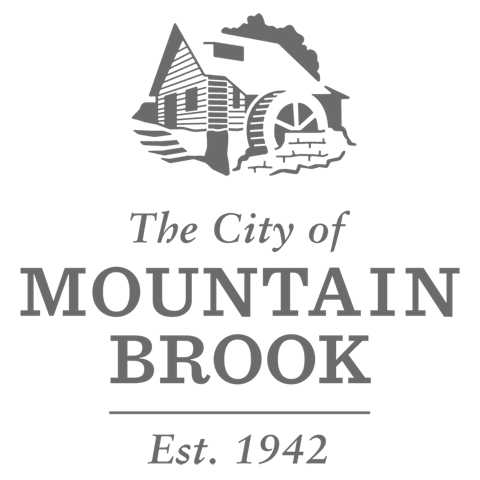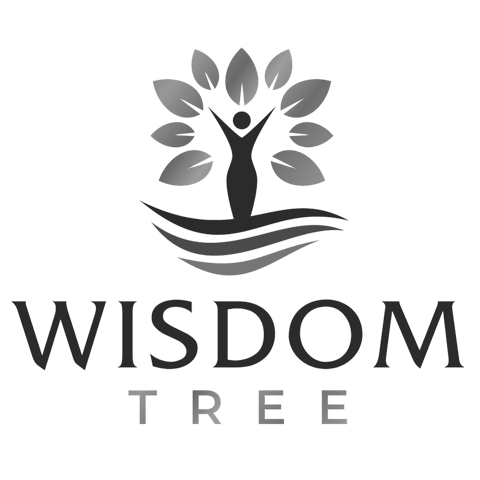Inclusion is Intentional
In the last two weeks, we have examined Diversity and Equity. The definition of diversity is all the ways that we are both alike and unalike, and equity is defined as the quality of being fair and impartial. Now that we have a better understanding of these two terms, how do we put this into action in our daily lives? That brings us to Inclusion.
First, let me tell you about the person who taught me about living inclusively. I worked as a camp counselor at a traditional overnight summer camp for boys in rural Alabama throughout high school and college. The demographics of this camp, both staff and campers, was extremely homogeneous – almost exclusively white and upper class.
Daniel, one of my co-counselors, was the only black person on staff and typically the only black person out of the 300-plus people at camp every day. I know that this was difficult for Daniel. I know there were times that he must have felt like an outsider, to say the least. To my knowledge, Daniel was never the victim of overt racism; however, I personally do not know how it feels to be the literal “odd man out.” I imagine that it would’ve been easy for Daniel to allow himself to remain on the outside, not get involved or not pursue relationships. However, Daniel did the exact opposite. He actively pursued relationships and connections with both his campers and his fellow staff. His desire and actions were to bring people together and facilitate an atmosphere of community. He sought out the camper who was having trouble fitting in, organized games and competition for the staff – simply, Daniel was the glue for our team. Daniel had every reason or excuse to exclude himself or others from his world, but he made a choice, every day, to actively invest in and include the people around him.
Now, let’s be honest with ourselves because change happens when we begin to tell ourselves the truth. And the truth is, most of us believe that we are inclusive. We believe that we are like Daniel or think we could handle a remarkably difficult situation like he did. However, too often, that is where the process of inclusivity stops – with our thoughts. We don’t demonstrate inclusivity with our actions.
Why is that? Why is transforming inclusive thoughts into inclusive action difficult for us? It’s because our thoughts are powerful, constant, and almost instantaneous. We have over 6,000 thoughts per day, and they are shaped by our upbringing, background, environment, and circumstances. Our personal histories tint the way we view our world and the people in it. This means privilege, biases, and stereotypes (and yes, we all have these!!) impact how we think and act. We quickly make judgments, assign value and compartmentalize people, places, things in order to understand our world. We don’t stop to determine the validity of those thoughts very often. And this can prevent connection with one another.
Next, let’s get specific and define inclusion: Inclusion is simply the action or state of including or being included within a group or structure.
The keyword here is action.
Inclusivity is not passive.
Inclusivity is active – it takes our attention and intention.
Inclusivity has heart.
Inclusivity has desire.
Inclusivity is more than who we are – it is what we DO.
Inclusivity is connection.
Inclusivity is a choice all day, every day.
Finally, inclusivity takes work. Here is a simple way to ensure that we are acting inclusively. Like Daniel, are we taking the L.E.A.D.?
LISTEN – We need to listen to each other actively. Listening is different from hearing. Hearing is the brain registering a sound. Listening takes more than one of our five senses – it requires concentration.
-
Daniel made you feel like you were the only person in the room when you spoke with him. It didn’t matter if you were an 8-year-old homesick camper or his co-worker; he took the time to listen.
EMPATHIZE – We need to try and understand another person’s perspective. This goes deeper than listening. Empathy requires an emotional component of feeling what the other person is feeling.
-
You knew that Daniel cared. He showed up for people. He wanted to understand your perspective.
ASK BEFORE WE ASSUME – We need to ask questions before we make our judgments. We too quickly label other people and paint with broad brushes. Try incorporating the following questions into your daily conversations:
-
Can you tell me more about that?
-
Will you help me understand what you’re thinking/feeling?
-
What was that experience like for you?
Imagine how many misunderstandings, arguments, frustrations, and fights could be avoided if we just ASK these types of questions, then LISTEN to the answers and try to EMPATHIZE with that person!!
-
And as the only black man at camp, it would’ve been easy for Daniel to make judgments or compare his experiences to another person’s. But he did not – he wanted to understand your experience at face value.
DARE TO EVOLVE – We need to be willing to change – to grow. When we notice our behaviors are not in line with our thoughts, change is required. It’s okay to admit mistakes and learn from them. Again, we have to be honest with ourselves, and when change is needed, we have to be vulnerable enough to acknowledge it and courageous enough to act on it.
-
If you were to ask Daniel now, I’m sure he would tell you that there were times that his privilege, biases, or stereotypes prevented him from being inclusive. What I do know is that Daniel owned his mistakes when he made them.
We would all likely agree that our culture needs more people like Daniel; we need more acceptance and inclusive behavior. Sometimes the gaps in our world can seem insurmountable. However, if we can take personal accountability, we can slowly make the change we want to see in the world. That personal accountability can start right here and right now with a twist on the Serenity Prayer: “Grant me the serenity to accept the people I cannot change, the courage to change the one I can, and the wisdom to know – it’s me!” With this mindset and working the LEAD acronym’s steps with intention, we can bring more inclusivity into our worlds. Second, let’s be honest with ourselves because change happens when we begin to tell ourselves the truth. And the truth is, most of us think that we are inclusive. Most people do not set out to actively exclude others. However, most of us do not set out to actively include others either. Let’s be like Daniel and be intentional about including one another.
How We Serve
Looking for a different solution? Click here
Google's average rating of 5.0 out of 5 stars from 7 reviews.
DREAM4 is trusted by over 5,000 happy customers across the country.
Talk to a DREAM4 Expert Today
A DREAM4 Representative will contact you shortly during our normal business hours















